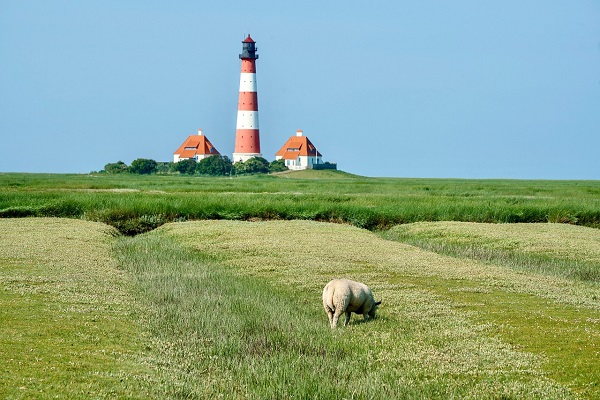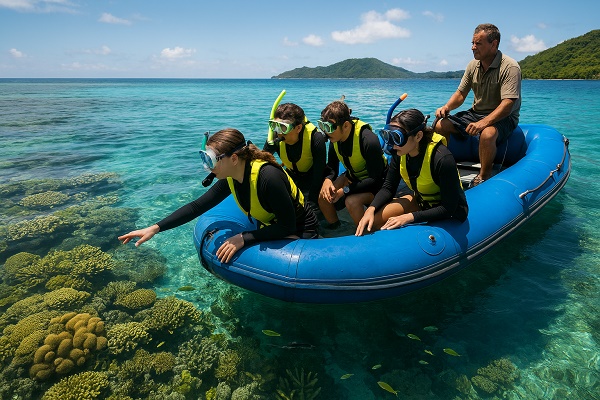Ecotourism: Traveling Responsibly to Protect Our Planet

What is Ecotourism?
Ecotourism is a form of sustainable travel focused on visiting natural areas that conserves the environment, respects local cultures, and promotes education and awareness. It emphasizes low-impact tourism that supports conservation efforts, empowers indigenous communities, and encourages responsible behavior among travelers.
Unlike mass tourism, which often damages ecosystems and displaces local people, ecotourism strives to protect biodiversity and foster a positive relationship between visitors and host destinations.
Why is Ecotourism Important?
Conservation of Natural Resources
Ecotourism helps fund the protection of wildlife habitats, forests, marine areas, and other fragile ecosystems.
Economic Benefits for Local Communities
By promoting locally owned businesses and community-run initiatives, ecotourism creates sustainable livelihoods that incentivize conservation.
Environmental Education
Travelers learn about ecological systems, conservation challenges, and sustainable practices, becoming advocates for the environment.
Reduction of Carbon Footprint
Ecotourism encourages minimal waste, low energy use, and reduced pollution compared to traditional tourism.
Key Principles of Ecotourism
Minimize environmental impact
Build awareness and respect for nature and culture
Provide positive experiences for both visitors and hosts
Offer direct financial benefits for conservation
Support local economies and empowerment
Promote sustainable and ethical travel behavior
Popular Ecotourism Activities
Wildlife Safaris and Bird Watching: Observing animals in their natural habitats without disturbing them.
Trekking and Hiking: Exploring forests, mountains, and nature reserves with a focus on sustainability.
Snorkeling and Diving: Experiencing underwater ecosystems with respect for marine life.
Community Visits: Engaging with indigenous peoples and learning about their conservation practices.
Volunteering: Participating in reforestation, wildlife monitoring, or clean-up projects.
Top Ecotourism Destinations
Costa Rica: Renowned for its extensive protected parks and biodiversity.
Galápagos Islands, Ecuador: A unique ecosystem with rare species.
Kerala, India: Backwaters and wildlife sanctuaries promoting responsible tourism.
New Zealand: Pristine landscapes with eco-lodges and conservation programs.
Botswana: Safaris in vast wilderness areas focused on preservation.
How Travelers Can Practice Ecotourism
Choose eco-friendly accommodations and tour operators.
Follow guidelines for wildlife observation—keep distance, avoid feeding animals.
Reduce plastic use and dispose of waste responsibly.
Respect local cultures and traditions.
Use sustainable transport options like walking, cycling, or public transit.
Support local artisans and businesses.
The Future of Ecotourism
With climate change and habitat loss threatening biodiversity, ecotourism is more crucial than ever. Innovations like carbon offset programs, eco-certifications for hotels, and digital tools for responsible travel are helping the sector grow sustainably.
Travelers are becoming more conscious of their environmental footprint, and governments are incorporating ecotourism into their national conservation strategies, ensuring that tourism contributes positively to the planet.
























